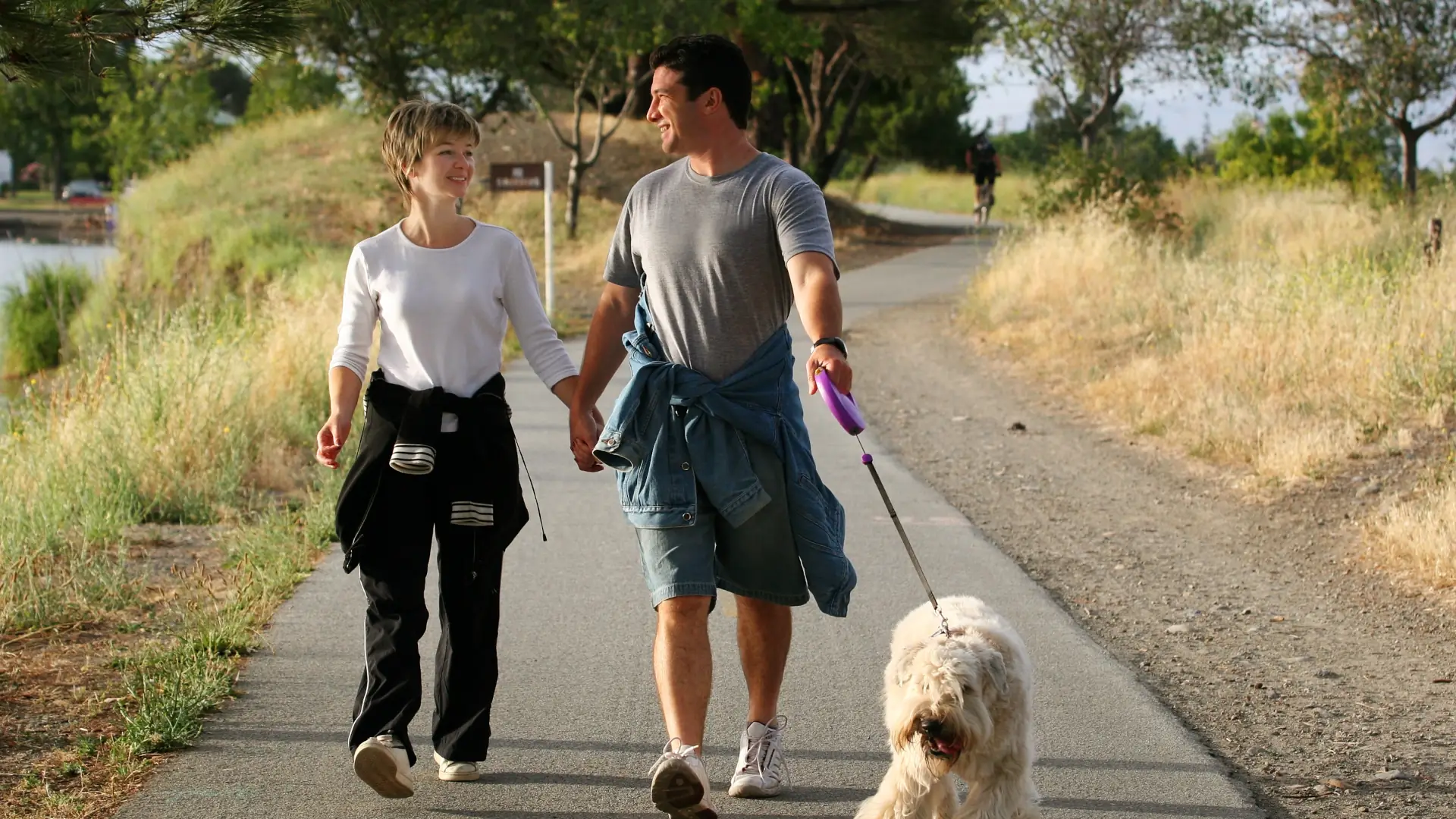
Liver resection surgery, known as a hepatectomy, removes part of the liver as part of liver cancer treatment. The liver is the largest internal organ of our body and the only one able to regrow. Liver resections are usually performed as open surgery, or laparotomy, because they provide greater access to the liver, allowing surgeons to remove tumours in areas difficult to reach if relying on a laparoscopic approach. However, some tumours can be removed safely laparoscopically (key-hole). The approach will be decided by Dr. Michael Chu upon reviewing you and your scans.
Although life after liver resection surgery can be challenging, some planning and preparation will help you return to full capacity in the long run. This guide will explore how to care for yourself after liver resection surgery, breaking down the recovery period into three key stages.
This initial stage is based in the hospital, where you will be supported by a team that includes your liver surgeon, an anaesthetist, and nurses. They will perform routine checks, review your overall wellbeing, and prepare you for discharge. After liver resection surgery, you can expect to rest at the hospital and be discharged four to six days later. Your healthcare providers will make this assessment based on your capacity to:
The first night after your operation may be spent in the High Dependency Unit (HDU). This is common for liver resection surgery patients. Drinking fluids is allowed during this time before re-introducing solids in the following 24 – 48 hours. Some patients find eating three full meals challenging during this period and opt for smaller, regular meals throughout the day first. Where necessary, a dietician can visit you to provide post-operative dietary advice and prescribe any supplemental nutrition.
Staying at the HDU before moving to the wards means your healthcare provider can respond to complications after liver resection quickly and comprehensively. Respiratory complications such as pneumonia can sometimes occur. Antibiotics can treat this, and light movement, which activates the lungs, is a common preventative. Life after liver resection surgery is usually characterised by linear recovery, but in the event of any complications, your healthcare provider can support you early on.
During your stay, you will be encouraged to move your body. Staying mobile reduces the risk of deep vein thrombosis (DVT) and post-operative lung complications. With the help of medical staff, you can expect to move to a chair on the day following your operation. You will likely walk short distances by the second day.
Most patients experience a mild or moderate level of discomfort after liver resection. A range of oral analgesia options is available depending on the severity of the pain while you’re in the hospital.

Your recovery continues after being discharged from the hospital in these first two weeks. At this stage, strenuous physical activity should be avoided. Prioritise resting at home while your body recovers and adjusts to the liver regenerating. Even if your work is sedentary or can be performed at home, dedicating some time to resting will help make life easier after liver resection surgery.
Light physical activity, like walking and stretching, is conducive to recovery. Extending your walks gradually, minute by minute, will help your body regain strength. Although mild pain or discomfort is still expected during this period, you should gradually feel better. Prescribed analgesia will help manage any pain to rebuild your strength. If you notice any symptoms worsening over these first two weeks at home, contacting your doctor sooner rather than later is recommended. Vitamin E or Bio-oil can help reduce scarring, but these should be applied after a week has passed since the day of surgery.
Where possible, having someone by your side during the initial recovery period at home will make your recovery more pleasant. Whether a family member, a friend, or someone close to you in the community, extra assistance at this early stage is valuable. In addition to helping with tasks such as cooking, spending time with someone else can provide emotional support.
Adequate rest for two weeks will enable you to re-introduce everyday activities into your life after liver resection surgery. Everyone’s timeline recovery is different, so when unsure, it is best to consult with your doctor before engaging in more rigorous physical activity or resuming physically and mentally demanding tasks.
Generally speaking, you can expect to pass key milestones in your recovery from week three onwards. A full recovery may take up to three months.
If your work involves heavy lifting or high-intensity movement, resting for four to six weeks is recommended. Returning to work sooner is feasible for jobs without a major physical component. Your energy levels may be at a lower capacity for up to two months, so a staggered return is worth considering.
Driving is not recommended for at least three weeks. You must be able to safely perform tasks like a full emergency stop and have the strength to manoeuvre the car. We advise reading your insurance policy before driving again to avoid invalidating your coverage.
Avoiding alcohol for at least three months is recommended to allow your liver to fully recover and regenerate. As the organ responsible for metabolic functions and the processing of alcohol, minimising the strain on your liver is especially important while it is regrowing.
Life after liver resection surgery is a steady journey best supported by a liver surgeon who provides dedicated, patient-centred care. Dr Michael Chu is experienced in helping patients progress through all stages of recovery after liver resection. His post-operative care extends to liaising with your GP, where a summary of your hospital stay and a copy of your operation notes will be shared. Contact Dr Michael Chu for a holistic approach to post-liver care that is thorough and thoughtful.